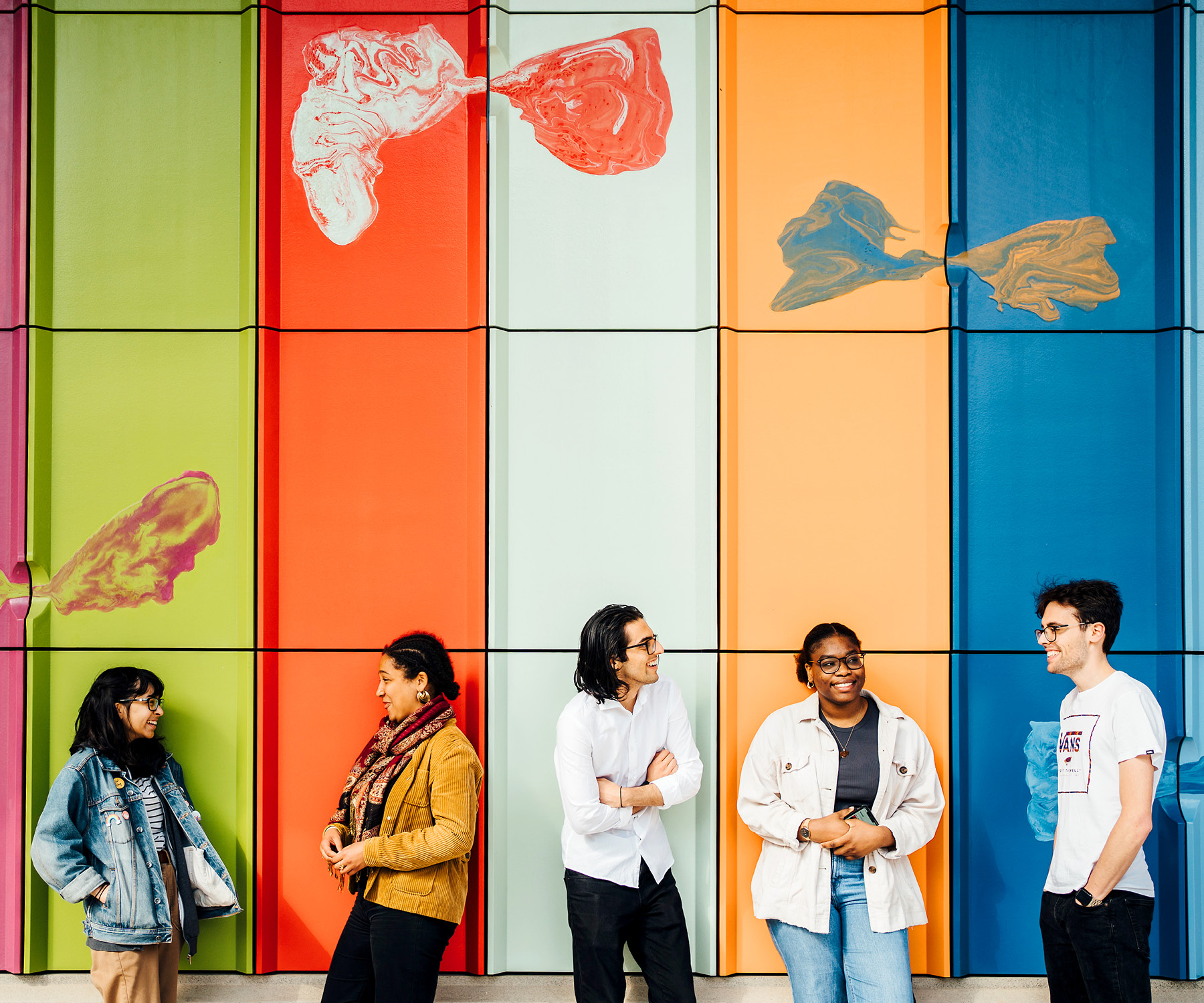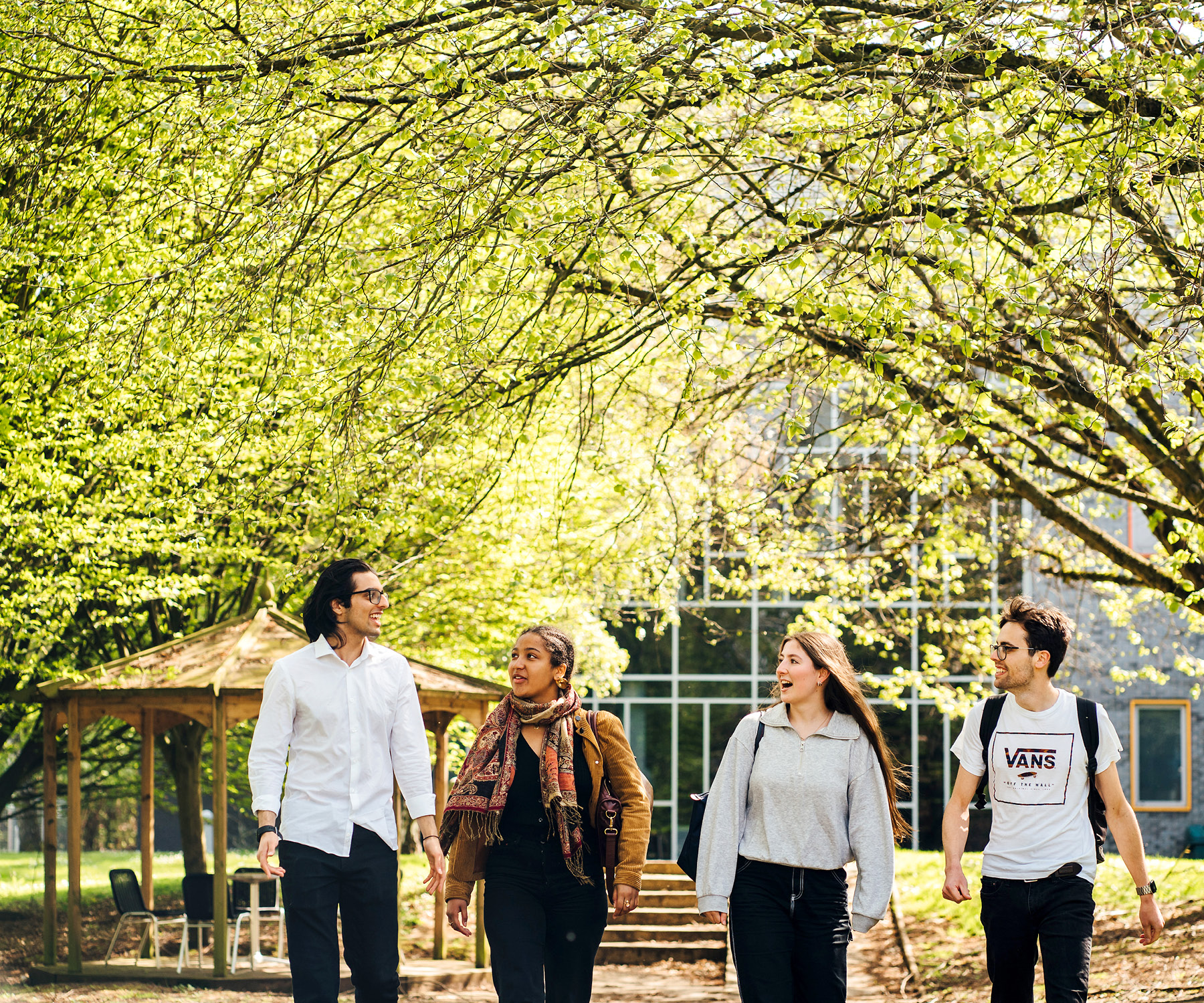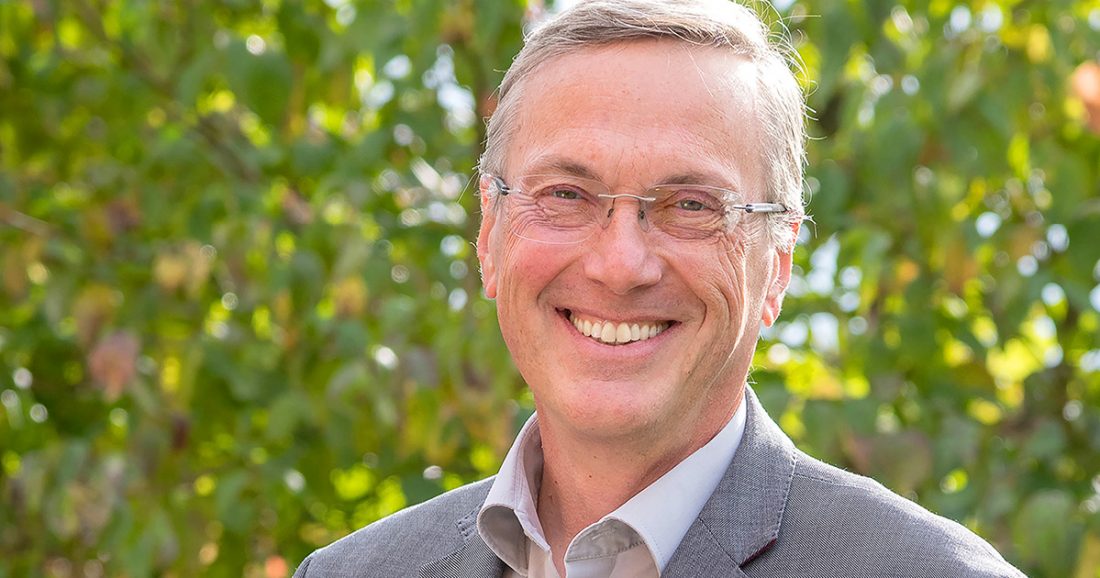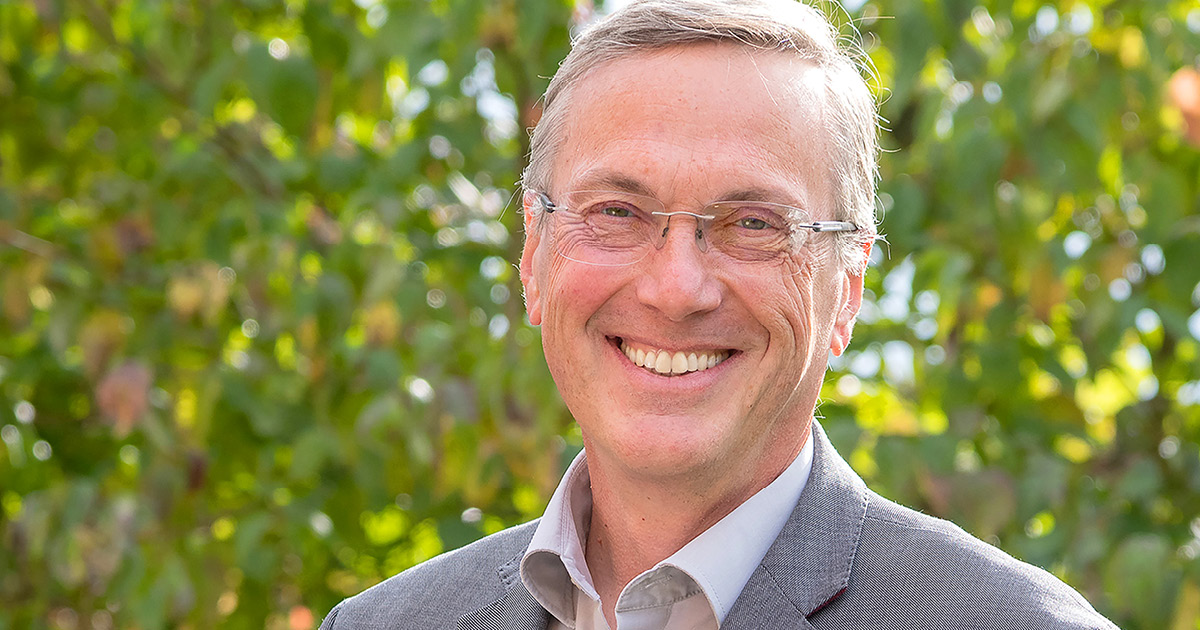Change and growth are two sides of the same coin, according to Stuart Croft, Vice-Chancellor and President of The University of Warwick, whose desire for change kick-started his career in education.
“I had this thing where I thought I could make a contribution to changing the world,” he tells The CEO Magazine. “When I was at university, everyone was worried about nuclear war. I really wanted to develop expertise and make a contribution to arms control and I thought that through higher education I could play that kind of role.
“It gave me a lot of satisfaction, even though the world doesn’t always do what you want.”
As time went on, Croft’s focus shifted.
“When I was younger, it was all about change. As I’ve gotten older, it’s about growth.”

“Taking our academic excellence to the business world is a big part of our identity.”
What hasn’t changed is his adherence to academia and The University of Warwick, United Kingdom in particular. Croft joined the university in 2007 as Professor of International Security and moved to his current role in 2016. The university is celebrating its 60th anniversary this year, but its relatively young age belies impressive stats.
“We’re 30,000 students and an annual income of US$1.1 billion, about 25 percent of which is earned research income,” Croft reveals. “Our teams are going out and earning research contracts with companies and international organizations. Taking our academic excellence to the business world is a big part of our identity.”
Specifically, this relationship is strongest in the fields of mathematics, engineering, business and economics.
“They’re our biggest departments in these domains, but we’re also effective in a number of other areas,” he says. “Applied chemistry, material science, social sciences, arts and humanities allow us to have a more holistic approach to problems and problem-solving.”
Looking ahead
Croft says Warwick is future focused.
“It’s very easy to look back and feel good, but the critical thing for us is looking forward,” he says.
“We’ve committed ourselves to a US$1 billion capital investment program. We’re rebuilding science, technology and engineering facilities, and some of our social science facilities, with a view to building upon our interdisciplinary collaborations in education and research and fostering greater partnerships with the public and private sectors.
“We’ll still be at the leading edge but on a larger scale. We can teach more students and be able to do more impactful research as well.”
It’s part of what Croft says is an ongoing fight for relevance, a battle education is constantly a part of.
“You’ve always got to be relevant in your education, in your research and in the way you speak to society,” he points out. “There are a variety of markets we speak to.”
Warwick works closely within the Coventry community it’s a part of.
“We’re one of the biggest employers in the region and we’re committed to making sure we engage with the communities around us. For example, our Warwick Institute of Engagement shares expertise to convey new knowledge and research in innovative, creative and collaborative ways with our communities. We also have the Warwick Arts Centre, a multi-venue arts complex – one of the largest of its kind outside London,” Croft adds.
The university is also committed to making sure people from all backgrounds have access to higher education. For example, through its Warwick Scholars program, the university works with 16-year-old school students to gain extra qualifications and boost their university applications.
“It gives them such confidence,” he confirms. “We have a program called Thrive that helps support kids from underrepresented backgrounds. We let them know they deserve to be at Warwick and that support matters. You need students to thrive.”
Tech-savvy students
Part of that support is equipping students with cutting-edge technology such as AI, something Croft doesn’t shy away from.
“AI is a huge, wonderful tool. It’s not a threat, it won’t destroy us all. We embrace AI but we insist students tell us when and how they’re using it and to what end,” he explains.
“We are leading the way in AI for higher education. We want to make sure we are using it to enhance our processes, learning, teaching and research. We have always been entrepreneurial in spirit, thinking differently and challenging norms – the AI era gives us great opportunity to point the way ahead and be at the forefront of innovation.
“AI is just part of that working, a critical part. We want it to be a part of their lives because guess what? It already is.”

“We are a globally recognized university for research, innovation, industry collaboration and education.”
After nine years in his current role, Croft says he’s still not ready to talk about legacy.
“It doesn’t feel like nine years. I’ve still got a few more things I need to do,” he says. “Mainly, it’s growing. I want us to grow and grow beyond. Beyond the short-term, beyond tomorrow, beyond next Christmas, beyond all the things that limit us at the moment.
“We are a globally recognized university for research, innovation, industry collaboration and education. I want us to grow beyond that so we’re not just respected for it, we’re loved.”




